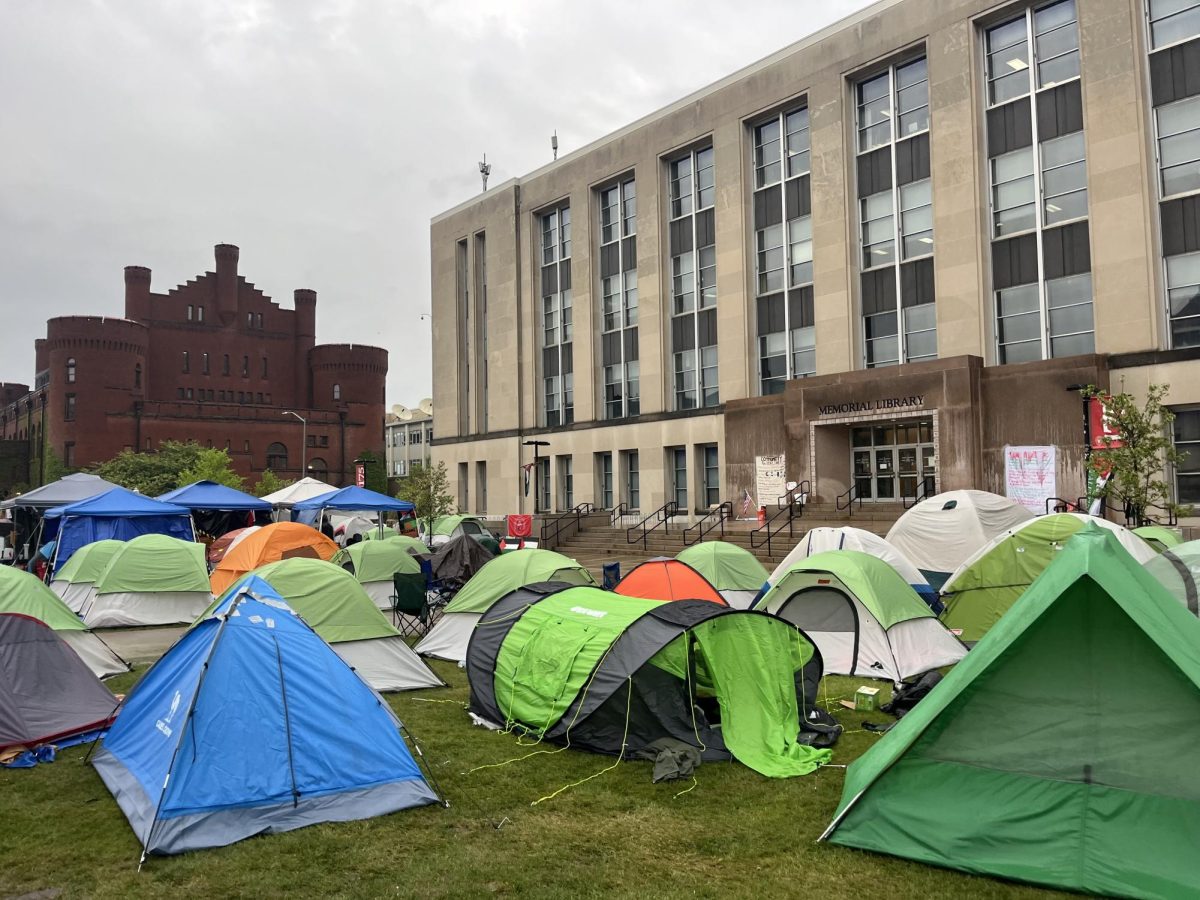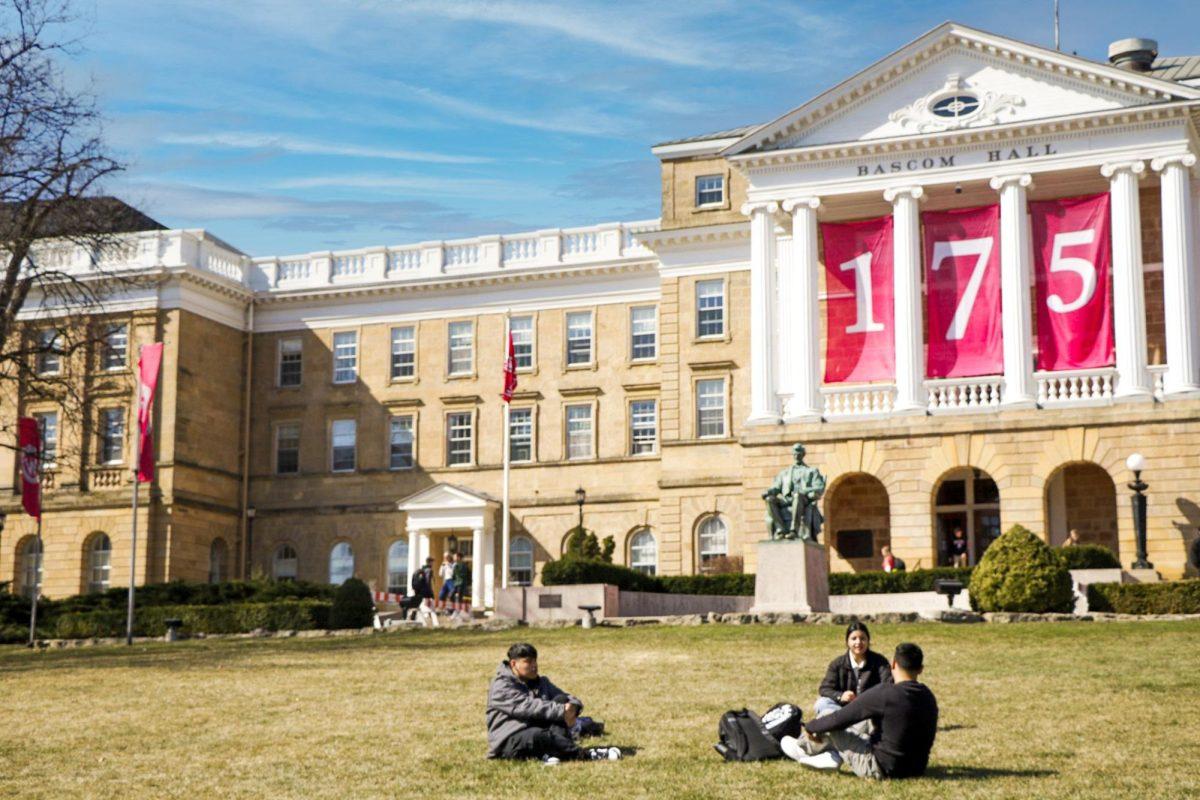As the 2010 election cycle comes to a close, a group of University of Wisconsin graduate students are researching tweets from more than 500 candidates throughout the United States in order to analyze political communication.
According to group member and UW graduate student Alex Hanna, the study was designed to track how gubernatorial and congressional candidates communicate with their followers on Twitter.
“We want to keep on collecting data and looking at Congress itself,” Hanna said. “We want to see how people in Congress are using Twitter and how they’re communicating with their followers.”
The research was compiled by the Social Media and Democracy research group in a website, www.140pulse.com, named for the 140 character limit for tweets.
Starting in mid-August, the research group selected a sample of political candidates and their followers on Twitter, then collected their tweets to see how the two groups communicated. The students also monitored trending topics and hashtags, Hanna said.
Hanna said one of his favorite components of the website is the section that monitors trends on Twitter.
“I like our trends part because you can see the huge spikes in traffic on Twitter,” Hanna said. “We can see there’s a huge amount of volume in the number of tweets today, because it’s Election Day.”
In particular, followers of President Barack Obama re-tweet his posts most frequently, according to the site. Joe DioGuardi , the senator-elect from New York, and Senate Majority Leader Harry Reid, D-Nev., are among the most active candidates on Twitter, according to the site.
Hanna said the continued research at UW can provide insights into how the media and politicians are using new ways to communicate with the public.
“Especially in the J-School, we have great faculty,” Hanna said. “This is one of the few places where researchers are really looking at the cutting age of political communication and online communication, and I think this is one example of that.”
The research group is affiliated with UW’s School of Journalism and Mass Communication, with mass communication and political science professor Dhavan Shah coordinating the group.
According to Shah, the website is an effort to release and share the findings with journalists and other researchers. Essentially, the group wanted to research how new ideas and messages go viral on Twitter.
The group also intends to release a more extensive set of analysis on the political communication on Twitter after the election by exclusively following the elected candidates Shah said, and monitoring how their messages may change when they are in office.
Shah added the research group has also looked at political videos on YouTube and incivility in the political blogosphere to further research of politics and communication. However, the website provides a different way to share the findings of the graduate research.
“I think it’s showing just how much the UW is at a forefront of digital media trends,” Shah said. “And I think that’s especially true of the media taking place in UW SJMC. It’s kind of exciting to see how many innovative projects there are out there.”

















